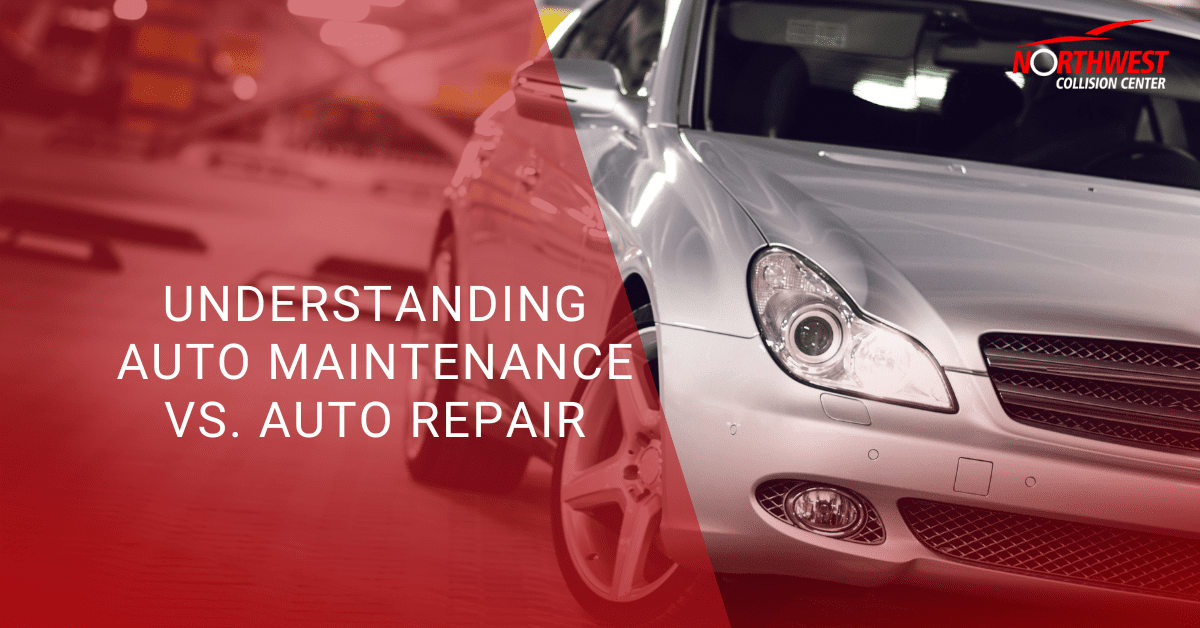Transportation is one of the major industries strongly impacted by the COVID-19 global pandemic.
The public sector experienced difficulties due to the shutdown of schools, businesses, and offices, which caused people to stay at home and virtually go on with their daily lives. Some transit operators were nearing bankruptcy, and others faced permanent closure.
On the other hand, the private sector experienced the opposite. There was a relative increase in the number of people being interested in buying private vehicles. This is not surprising because it is significantly safer to travel in a private car than in public transit.
Since the interest in private cars is booming, more and more people are getting introduced to electric vehicles. Why, however, should people choose electric cars over gasoline-powered ones if there is still a lack of charging stations and dedicated infrastructure?
Why Choose Electric Cars?
Both private owners and public transit operators should consider investing in electric vehicles. Here are some reasons why:
1. To Promote Economic Growth
The COVID-19 virus caused the world to shut down. Many countries around the globe suffered from a recession brought about by the lack of economic activity. With more people showing interest in owning electric vehicles, the demand for charging stations and infrastructure dedicated to the maintenance of such vehicles is also bound to surge. This, in turn, would create more jobs and eventually revitalize economic activity.
2. To Create New Revenue Streams
Electric vehicles, especially those with heavy-duty batteries, can be used to create revenue streams. EV batteries are powerful and can store large amounts of electricity, enough to provide power for numerous houses. Public transport operators interested in buying electric buses, which require large batteries, will benefit from this by providing electricity to hospitals, malls, and other businesses during power outages.
3. To Save Money
Another reason to invest in EVs is that they have a lower maintenance cost than gas-powered vehicles. As a result, both private owners and public transport operators can save money in the long run. A study published in 2019 showed that owning electric taxis for four years resulted in lower upkeep-related expenses than conventional cars.
4. To Reduce Pollution
One study published in the Science of the Total Environment showed that air pollution in many cities decreased by 60%. The decrease led to improved air quality, lowering the risk of different health issues associated with air pollution.
Because electric vehicles are known to emit fewer greenhouse gases and other pollutants than gasoline-powered cars, investing in them during and after the COVID-19 pandemic will uphold the environment’s wellbeing.
Things To Consider When Buying an Electric Vehicle
With many car companies making the switch to electric vehicles — such as Jaguar rebranding as an electric brand in 2025 and Bentley in 2030 — expect more electric vehicle models to choose from. Before purchasing one, it is essential to consider different factors to make the right decision. Here are some things to know about:
1. Price
EVs are significantly more expensive compared to conventional vehicles. Buying one requires a hefty upfront cost, so consider your budget first. The least expensive models cost around $30,000, and luxury models cost $70,000 to $100,000. However, because there will be no oil changes needed, and there are fewer moving parts, EVs are less susceptible to wear and tear and, as such, have a lower ownership cost.
2. Range
Because EV designs are still being perpetually improved, their driving capacities are still inferior to their gasoline-powered predecessors. Most EVs nowadays have a driving range of 100 miles, and some can exceed 300 miles. Before buying an EV, assess your needs first. If you travel over 200 miles in one day, buy an EV with a driving capacity greater than that to provide ample travel allowance.
3. Experience
Different models of cars, whether gasoline-powered or electric, provide different driving experiences. When looking for an EV, put it through a thorough test drive first. EVs perform at 100% right away, so it can be a little uncomfortable for some at first; learning how to properly modulate the accelerator helps. Because EVs have no exhaust and engine, they produce little to no sound. Being comfortable with getting behind the wheel of an EV before buying one is recommended.
4. Charging Options
Since charging stations are still few, consider other charging options. The current in residential houses can fully charge an EV within 24 hours, but having an electrician install a 240-volt line can provide quicker charging times. Charge your EV during off-peak hours as they are when electricity rates are at their most affordable.
Make the Switch
With the advantages you can get, switching to EVs is a great option to consider. It is expected that more EVs will be seen on the road in the near future.
If you need repair services for your vehicle, whether electric or gasoline-powered, visit us at Northwest Collision Center. We service different brands, such as Tesla, BMW, Nissan, Volkswagon, Mercedes Benz, and more. We are the leading auto body repair shop in St. Petersburg, FL. Having been in the business for 62 years and counting makes our expertise and experience unrivaled. For inquiries or questions, contact us! We are more than happy to assist you.










